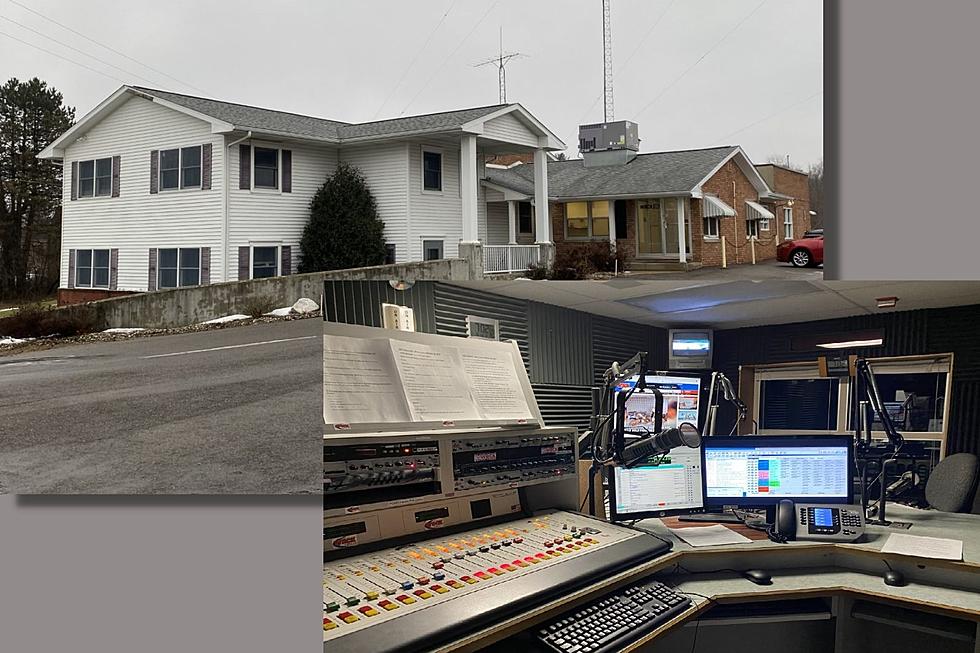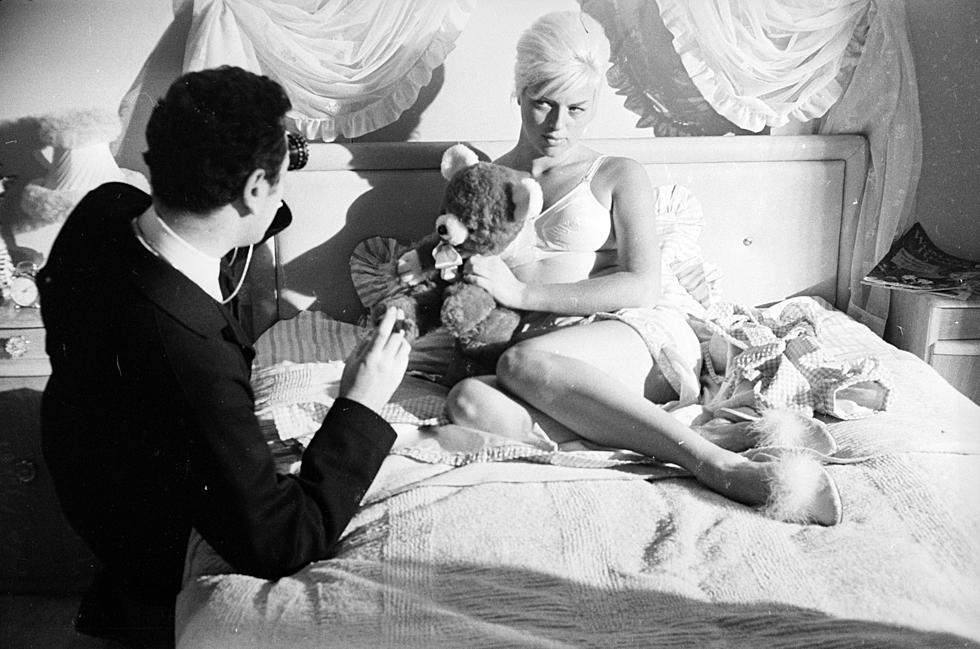
Do You Sleep Enough?
Did you get your full 8 hours of sleep last night? Dr. Alice Doe of the Borgess Sleep Disorders Center tells The Richard Piet Show you probably didn't, since statistics show most people don't sleep 8 hours every night.
But, can losing one hour of sleep - like that which we lost Sunday with Daylight Saving Time - actually affect us enough to make us feel fatigued the next day? Dr. Doe says yes, especially if you didn't plan for it.
She recommends planning ahead for a sleep detriment like Daylight Saving Time by going to bed earlier - 15 to 20 minutes earlier - in the days before the change. Doe says that works better than sleeping in an hour on the actual day. By then, she says, it's too late.
Most commonly, though, Doe says folks suffer from general insomnia. Some people are insomniacs because it's in their genes, she said.
"Usually there is a stressor that triggers it - a death, a difficult day, a cold," Doe said. Then, a person is kept awake by the combined stressor and predisposition for sleeplessness.
Among Dr. Doe's recommendations for better sleep:
- Do not do anything but sleep in your designated sleeping area
- Do not use electronics - TV, cell phones, tablets - in bed
- Make sure the bedroom is dark
- Participate in a relaxing activity during the hour before bed (listen to soothing music, read)
- Do not participate in activities that stimulate brain activity right before bed, like watching a loud or engaging program or exercising
Adolescents and adults need 8 hours of sleep per night; school-aged children need about 10 hours of sleep each night, Doe said.
Hear The Richard Piet Show weekday mornings 5:30-9 on WBCK.
More From WBCKFM









